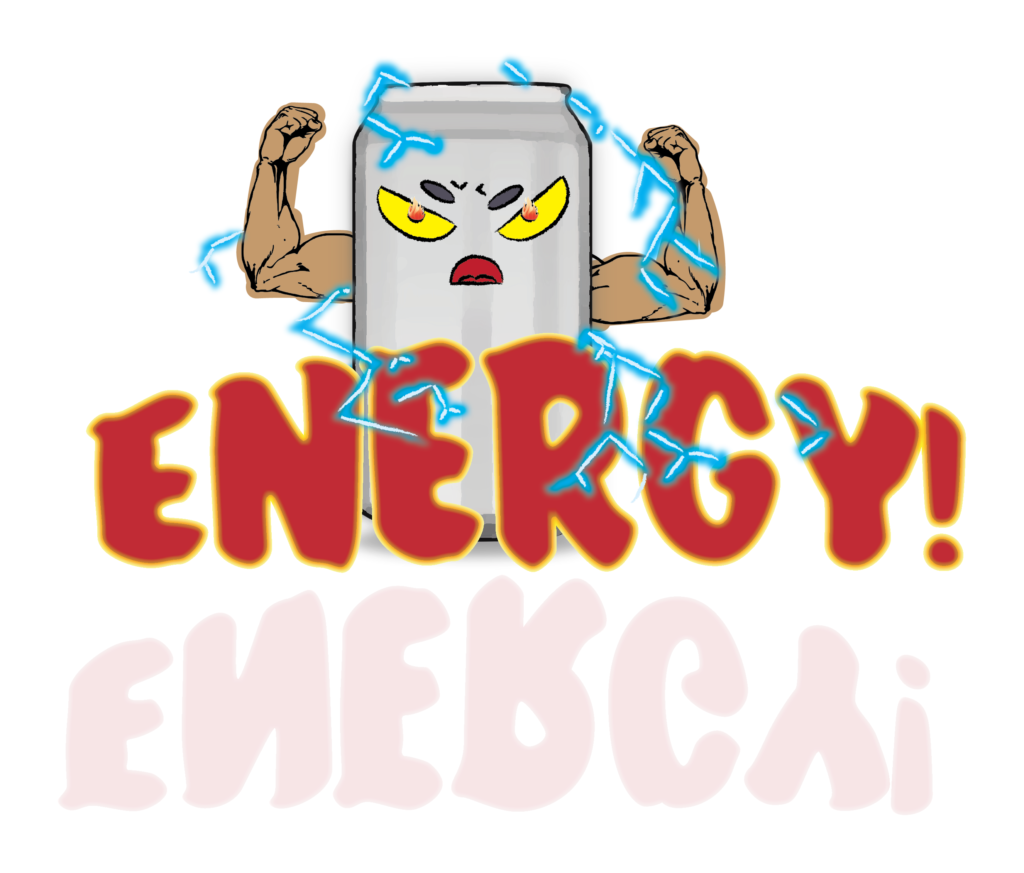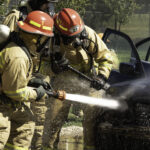
For many students, energy drinks can be a saving grace.
Juggling classes and studying can be time consuming and tiring, and many pull all-nighters to submit their assignments on time or gather that last bit of information before an upcoming test. However, there are negatives to consuming energy drinks.
According to Kirkwood Community College Nutrition Professor Blaise Boles, “It’s common for people have more than one serving, especially college students, who are getting more caffeine than what’s recommended, and then that’s what causes problem.”
He added, “What’s recommended in terms of caffeine is to not take anymore than 400mgs a day as an adult and a lot of energy drinks have about 300mg of caffeine per serving.”
Boles continued that many of the popular energy drinks have a lot of sugar. “A typical 16oz of Monster has more added sugar than would be recommended for the entire day,” he said.
The Harvard website states, “Energy drinks contain more sugar than soda, research stated that consuming high sugary drinks can lead to weight gain and increase of type 2 diabetes, cardiovascular disease and gout.”
Some energy drinks are sugar free, however this doesn’t mean they’re a good substitute. Boles explained it can cause more problems. “…there’s different kinds of alternatives [sugars] such as spartan…that is
commonly in diet soda. We know that they can change the micros that live in our GI tract and are associated with hormonal changes in people’s bodies. From the perspective of a nutritionist artificial sweeteners aren’t doing people any favors,” he said.
Boles said energy drinks can cause anxiety which can lead to panic attacks, insomnia, consumption of more energy drinks, irritability, heart issues that can range from the heart not effectively beating to heart palpitations and more severe issues.
Boles also discussed mixing alcohol and energy drinks can be dangerous. “The caffeine in energy drinks can mask the intoxication of alcohol, so people tend to drink more than they realize. They don’t feel the buzz and it’s not uncommon for them to go to the ER or get really, really sick,” Boles said. “[Everyone] needs to be really careful because you can easily overdo it and alcohol poisoning can be very deadly.”
Boles added that because energy drinks are fairly new to the market, there haven’t been any long term studies. “Long term nutritional studies are hard to carry out because we depend on people to self-report their intakes, have a control group and depend on them giving you accurate data [which] is hard,” Boles explained.
“Most of the studies that have been done scientifically are very short periods [of time such as]…drinking energy drinks in a course of a day or several days and see blood pressure and their blood glucose levels, different markers of stress, but those are very short studies. [There] are a lot of unknowns,” he said.
Energy drinks do have some benefits. According to www.nccih.nih.gov, “[Energy drinks] improve physical endurance, alertness, and reaction time, but reduce steadiness of the hand.”
Boles concluded that, “Moderation is key with everything. You can have a little bit and be fine, but a lot is detrimental.”

Outreach Coordinator | Distribution Manager
Categories: Feature










